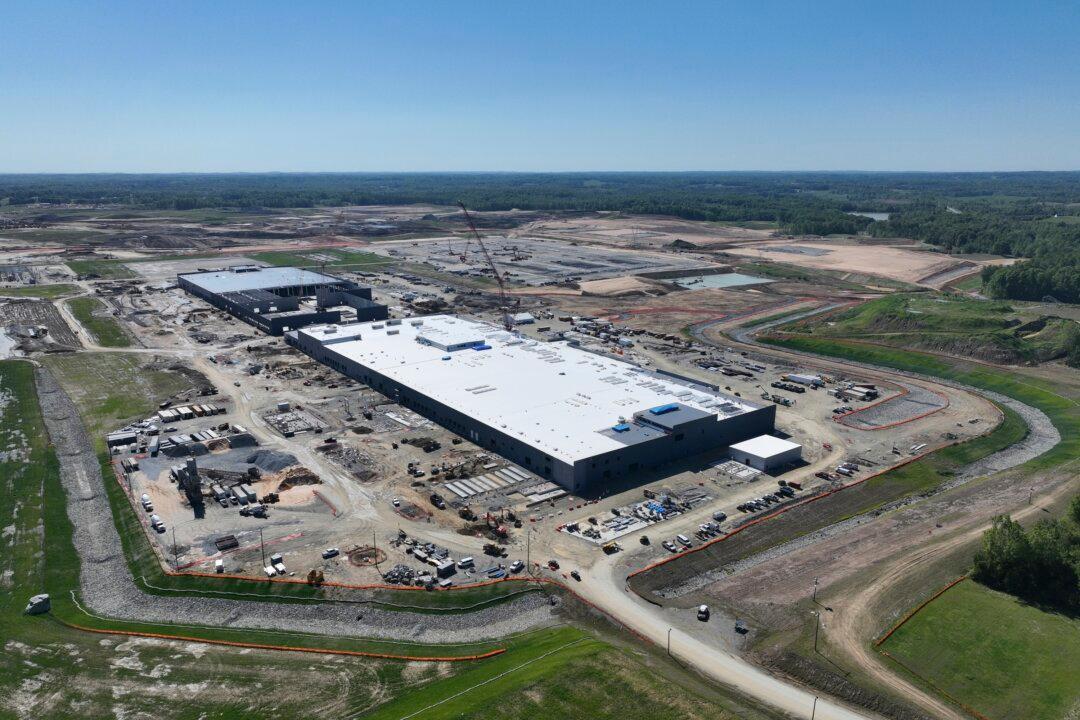Mining companies will hold talks with the Australian government this week amid concerns about lithium and nickel prices amid mine closures.
The two minerals are critical in the manufacture of electric vehicle batteries.

Mining companies will hold talks with the Australian government this week amid concerns about lithium and nickel prices amid mine closures.
The two minerals are critical in the manufacture of electric vehicle batteries.